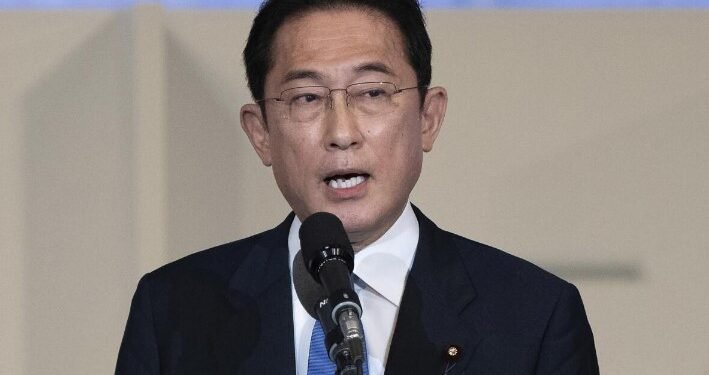In a bold call for change, Japanese Prime Minister Fumio Kishida has urged world leaders to take “concrete actions” to push forward long-awaited reforms of the United Nations Security Council (UNSC). Speaking at a high-level meeting, Kishida emphasized the need for the global body to better reflect contemporary geopolitical realities and ensure more equitable representation for member states.
Contents
- 1 A Long-Standing Issue
- 1.1 Related posts
- 1.2 Bail Bonds 101: A Step-by-Step Guide for Families and Defendants
- 1.3 New Polls Show Ghana’s Opposition Leader Poised for Victory in Upcoming Presidential Election
- 1.4 England’s Earps Breaks New Ground as the First Female Footballer Honored at Madame Tussauds
- 1.5 Referee David Coote Suspended by PGMOL Following Alleged Verbal Abuse of Liverpool and Klopp in Video
- 1.6 UK’s Starmer Set to Meet Macron in France to Strengthen Ukraine Support Following Trump Victory
- 1.7 Biden Extends Congratulations to Trump, Extends White House Invitation
- 1.8 Trump’s return to power fueled by Hispanic, working-class voter support
- 2 The Push for Equitable Representation
- 3 Global Support and Challenges
A Long-Standing Issue
Reforming the U.N. Security Council has been a topic of discussion for decades, with many countries, including Japan, calling for adjustments to its structure. The five permanent members of the council – China, Russia, the United States, the United Kingdom, and France – possess substantial authority, notably through their veto power over key resolutions.. However, critics argue that this arrangement no longer reflects the balance of power in today’s world and excludes key nations from decision-making processes.
The Push for Equitable Representation
Fumio Kishida emphasized the need for a Security Council that is “more representative, inclusive, and accountable.” He pointed to the growing influence of emerging economies and regional powers, many of which remain underrepresented in the current UNSC framework. For Fumio Kishida, reform is essential to maintaining the legitimacy and effectiveness of the U.N. in addressing global challenges such as climate change, conflict resolution, and international security.
Global Support and Challenges
While there is broad support for UNSC reform among many U.N. member states, achieving consensus remains a complex challenge. Any reform proposal requires the approval of at least two-thirds of the U.N. General Assembly and cannot be vetoed by any of the current permanent members. This makes the path to change particularly difficult, as some permanent members are reluctant to give up their exclusive power.
Read more also:- Lula Aims to Lead Global Effort for AI Regulation at Brazil’s G20 Summit


















